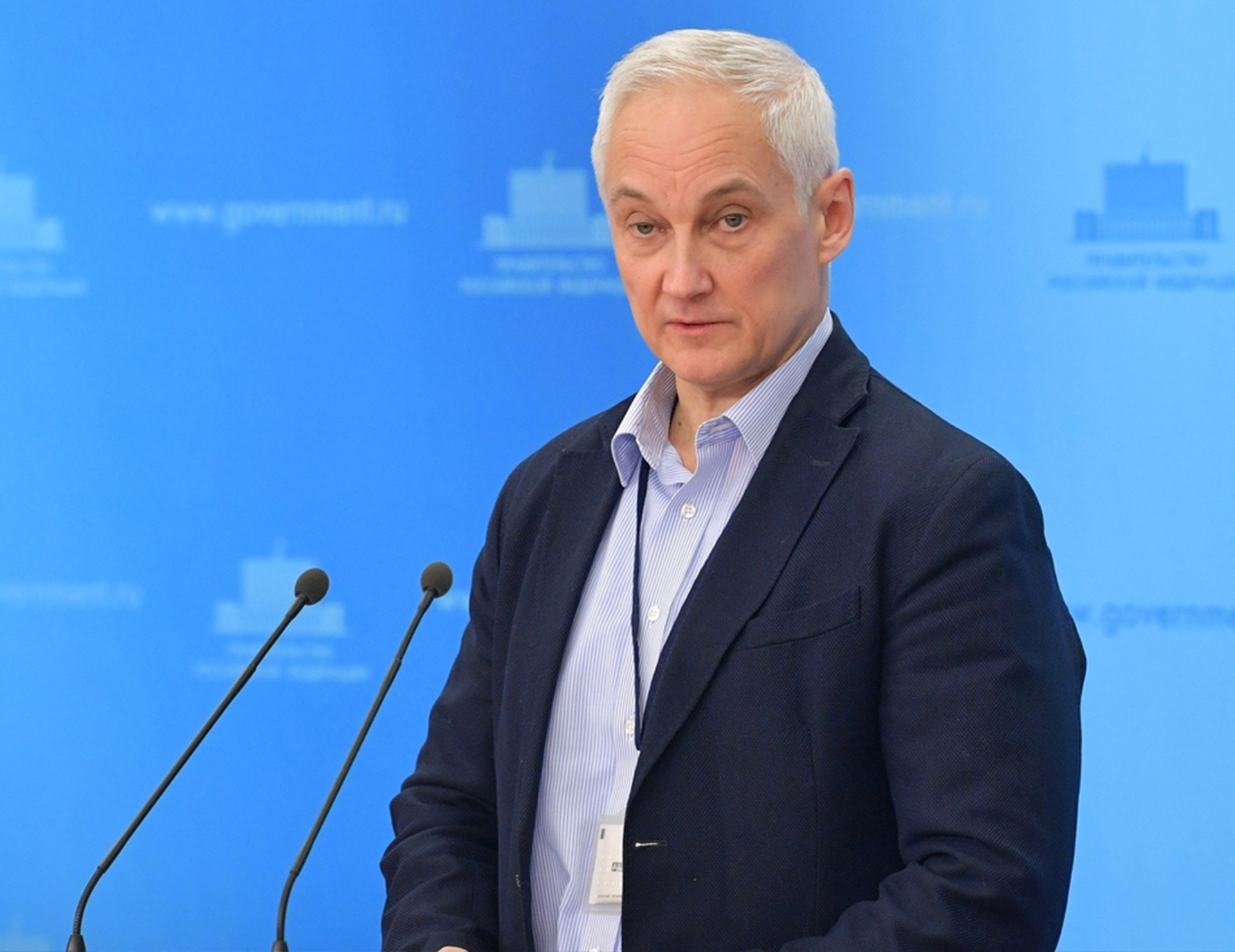New Defense Minister in Russia: what to expect?

On 12 May, Russian President Vladimir Putin made a surprising decision to dismiss the veteran bureaucrat, Defence Minister Sergei Shoigu, considered the only person to have served in the Russian government basically since the earliest days of the existence of the post-Soviet Federation. He was replaced by the former Deputy Prime Minister Andrey Belousov, then assuming a prestigious but much less influential position of the Head of the Security Council. But what stands behind this appointment and what should be expected out of it?
A few weeks ago, Timur Ivanov, Russian Deputy Defence Minister believed to be close to Shoigu, was arrested on corruption charges regarding the reconstruction works in Ukraine, specifically in Mariupol which he was responsible for. This arrest demonstrated President Putin’s willingness to enforce more transparency and efficiency in the workings of the military machine, problems believed in Russia to be among the major reasons of the challenges it has been facing in Ukraine. Shoigu himself has gained a rather notorious reputation for his ultimately bureaucratic style of management; Russian patriots despise him as a “plywood marshal” only caring about expensive purchases, parades and other fanfare. Yevgeny Prigozhin on the eve of his ill-fated June 2023 mutiny directly called out the minister’s negligence of the army’s needs on the ground, the lack of arms and munitions and poor coordination of command. Though Shoigu turned out the winner in this life-or-death struggle, the scope of problems revealed by Prigozhin’s march to Moscow couldn’t have skipped Putin’s attention. And now that Russian leadership is inclined to continue its war in Ukraine and believes there is an opportunity for a decisive breakthrough, while the militarization of economy seems to have gained momentum, bolstering the efficiency of military administration has become an imperative.
Belousov himself is a rare breed of an utterly competent economist capable of non-conventional thinking with a loyal bureaucrat who, unlike most technocrats in the Russian government, has never expressed even a mildest dissent to Putin’s policies, in the recent years increasingly more militaristic and defying the post-Soviet status quo. For example, he openly endorsed the annexation of Crimea. Prior to his government career, Belousov had been working in the academic field and ran a reputable Russian think tank doing economic research; interestingly enough, he even cooperated with the Western donors, including USAID, throughout these years. When in government, he gained a reputation as a proponent of “neo-Keynesian” policy for Russia, based on massive public investment into industry, science and high-tech, encouraging spending and state-directed development strategy. Despite these views, Belousov is not a stereotypical neo-Soviet conservative either: throughout his tenure as the Minister of Economic Development, Russia had recorded an incredible progress in the Global Doing Business ranking from 123rd to the 28th position. Recently, he was noted for efficient handling of the pandemic-caused issues while he has been overseeing the national-level project for the development of unmanned aerial vehicles, whereby he wasn’t shying away from highlighting fundamental deficiencies and mismanagement in the Russian drone industry.
Thus, Putin’s expectations from his new defense minister are most likely related to fighting corruption and adopting smarter ways of economic militarization, which would allow for greater increase in production along with encouraging innovation. As the war in Ukraine becomes more and more intense and the possibility of the provision of qualitatively more sophisticated weapons by the West to Kyiv always looms on the horizon, closing technological gaps remains Moscow’s biggest hope for a victorious outcome. Many experts are even speaking of an impending “total militarization” of the Russian economy, although this of course will depend on how the fighting will continue. The leadership realizes that a military failure will put an end to its global-power ambitions, prompting the powers of Global South, currently neutral or sympathetic towards Russia, to turn away. Putin’s spokesman Peskov even stressed that immediate command over military operations will proceed in the same way, implying that the ministerial-level reshuffling is mostly aimed at changing management and procurement patterns. In his blitz interview, Belousov has already spoken about the need to improve the delivery of social services to the war veterans.
In general, this new appointment highlights a characteristic feature of Putin’s governance methods. While punishing dissent, both from the “liberal” and “patriotic” wings of the Russian elite (among many examples, one can remember the mysterious crash of Prigozhin’s plane, incarceration of the imperialist ideologue Strelkov, as well as dismissals of most liberals from governmental positions and the arrest of the then-minister of economy Ulyukaev in 2016), he adopts their ideas inasmuch as they point out to the obviously dysfunctional elements of the Russian state. Thus, while Putin’s “critiques from the right” have been neutralized, their calls for mobilization, adoption of state planning and waging a war in full earnest, seem to be finding their implementation.







